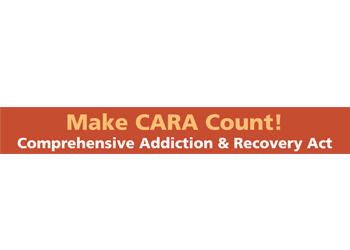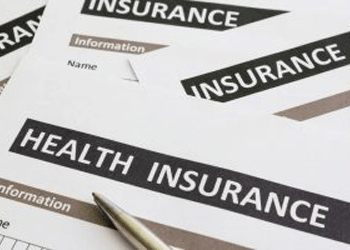3 Tips for Single Parents Managing Addiction Recovery
by Sarah Lockwood
Image Source
Single parents have incredibly full plates. For single parents who also happen to be recovering addicts, each day carries even more struggles in terms of balancing kids, work, home, and sobriety. Single parents managing addiction recovery must prioritize self-care to reduce stress and avoid a relapse; the following three tips will help you do so successfully.
- Strengthen Your Support System
Single parents tell themselves they have to do it all on their own, but managing addiction recovery and balancing your kids’ needs with your own requires a support system. Recovering addicts often find themselves with few friends and family members because of the broken relationships that remain long after recovery begins. But, when your friends and family members see that you are in recovery and that you are focusing your time and energy on your children, they will be more willing to reconnect with you, repair the relationship, and become a support system for your children and you.
Other areas of support include those people in your recovery program. While your friends and family may be available to take kids to sports practices and help you balance their busy schedules, the people in AA and NA are a valuable support system when you need to talk with others who understand your struggles. 12-step programs will welcome you and give you a judgment-free area in which to share your story and gain encouragement and support for staying sober.
- Create Stress-Free Environments
Many times, addicts become addicts because they turned to drugs and alcohol to escape the pressures and stresses of everyday life. Now that you are in recovery, you need to take steps to create stress-free environments. You may not be able to control your work environment, but you can control your home environment and make it as healthy for yourself and your children as possible.
Stress-free living is possible at home if you begin by reducing the clutter in your home. Single parents don’t have much free time to clean, and looking around your home and feeling as though there is so much do to quickly becomes overwhelming. Plan a weekend with your kids for decluttering and organizing your home. Sort your belongings into piles: what you want to keep, what you want to donate or sell, and what you need to throw in the garbage. Then, follow through and organize what you are keeping, take a trip to a charity or second-hand store with the items you are donating or selling, and place throw-away items in bags. Then, work as a family to ensure everyone’s belongings are in designated spaces and that you have created a clutter-free home.
Next, make your home more relaxing by adding a few plants or photographs of nature and allowing natural light inside. Create a relaxing space for yourself with books, a journal, music, and comfortable pillows. Get in the habit of spending time in this relaxing space each day, even if it’s just for a few minutes, so that you can recharge your batteries and decompress.
- Make Time for Active Fun with Your Children
Another way to reduce stress and balance single parenthood with addiction recovery is to exercise as a family. While many single parents in recovery do not have time or money to join a gym or attend fitness classes, they do have time to spend with their children in fun and healthy ways. For example, organize a dodgeball night with friends or set aside a Friday night for a family hike. Some families enjoy kayaking or biking together, while others enjoy hitting a local park for a game of pickup basketball or baseball. Whatever you choose to do, leave electronics and other stress-inducing items and thoughts behind so you can enjoy your time with your family.
Single parents can manage their busy lives and their addiction recovery by strengthening their support system, creating stress-free environments, and making time for active fun with their children.
Ms. Lockwood offers resources on substance abuse and addiction treatment via The Prevention Coalition.




